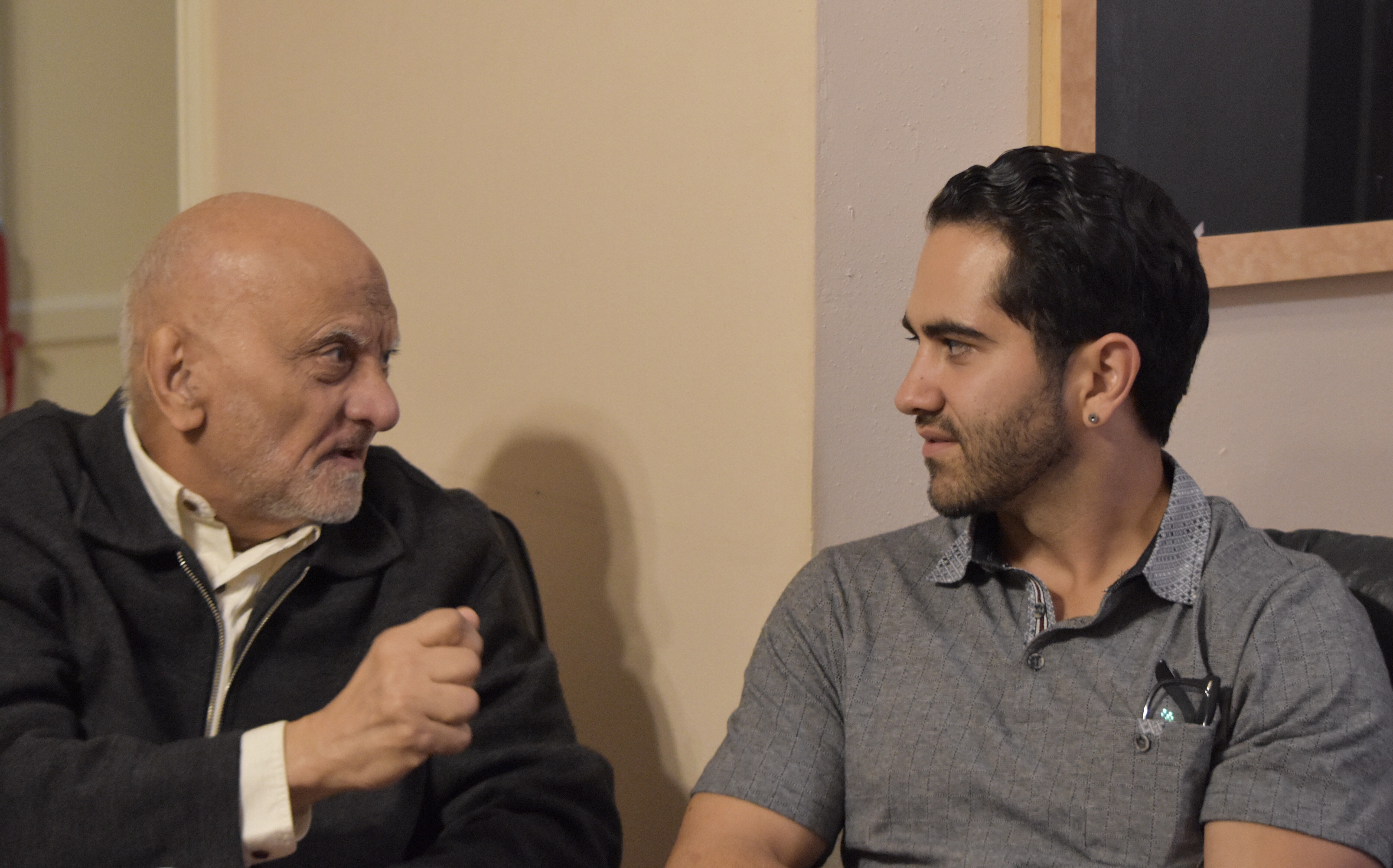Unhelpful Things to Say to Someone With Kidney Disease
Navigating conversations with someone who has kidney disease requires sensitivity, empathy, and awareness. Kidney disease can be a complex and emotionally charged topic, affecting not just the individual but also their loved ones. As such, engaging in discussions about this condition demands a careful approach to avoid inadvertently causing distress or misunderstanding. This article explores the top 12 missteps to avoid when talking to someone with kidney disease, aiming to foster more supportive and meaningful interactions. By understanding these pitfalls, you can help create a more compassionate dialogue that respects the experiences and challenges faced by those living with this condition.
1. Avoiding Medical Jargon

One of the most common missteps is using medical jargon that can confuse or alienate the person you're speaking with. While you may think using technical terms demonstrates understanding, it often has the opposite effect, creating a barrier in communication. Instead, strive for clarity by using simple, everyday language. This approach not only makes the conversation more accessible but also shows respect for the individual's experience and knowledge. Remember, the goal is to communicate effectively, not to impress with medical terminology. By focusing on clear and empathetic dialogue, you can ensure the conversation remains supportive and inclusive.
2. Steering Clear of Assumptions

Assuming you know how someone feels or what they need can be a significant conversational misstep. Kidney disease affects individuals differently, and each person's experience is unique. Avoid making assumptions about their symptoms, treatment, or emotional state. Instead, ask open-ended questions that invite them to share their personal experiences and perspectives. This approach not only demonstrates respect for their individuality but also helps you gain a deeper understanding of their specific needs and concerns. By actively listening and avoiding assumptions, you foster a more empathetic and supportive dialogue.
3. Being Mindful of Comparisons

Comparing someone's experience with kidney disease to that of another person or condition can be dismissive and hurtful. Each individual's journey with kidney disease is unique, and comparisons can minimize their personal struggles and triumphs. Instead of drawing parallels, focus on the individual’s specific experiences and feelings. Acknowledge their challenges without diminishing them by referencing other situations. This approach validates their experience and reinforces your support and understanding. By avoiding comparisons, you create a space where the person feels heard and valued.
4. Refraining from Offering Unsolicited Advice

Offering advice without being asked can come across as presumptuous and insensitive, particularly if you lack expertise in kidney disease. While your intentions may be good, unsolicited advice can make the individual feel as though their experiences and knowledge are being undermined. Instead, offer your support and let them guide the conversation about what they need. If they seek advice, ensure it is informed and considerate. By respecting their autonomy and expertise in managing their condition, you contribute to a more respectful and empowering dialogue.
5. Acknowledging the Emotional Impact

Kidney disease can have a profound emotional impact, and failing to acknowledge this aspect can be a conversational misstep. It's important to recognize that the condition can lead to feelings of fear, anxiety, and frustration. By acknowledging these emotions, you provide validation and support. Encourage them to express their feelings and listen without judgment. This approach not only strengthens your connection but also helps them feel understood and less isolated. By being attuned to the emotional dimensions of kidney disease, you can offer more meaningful support.
6. Avoiding Overly Positive Platitudes

While positivity can be beneficial, overly positive platitudes like "stay positive" or "it could be worse" can feel dismissive and invalidate the person's feelings. Such statements may inadvertently minimize the seriousness of their condition and the challenges they face. Instead, offer realistic support and encouragement that acknowledges the difficulties they are experiencing. Show empathy by validating their feelings and providing a listening ear. By avoiding superficial positivity, you create a more genuine and supportive environment.
7. Respecting Privacy and Boundaries

Respecting an individual's privacy and boundaries is crucial when discussing kidney disease. Some people may not feel comfortable sharing every detail of their condition, and it's important to honor their preferences. Avoid pressing for information they are not ready to disclose. Instead, let them lead the conversation and share what they feel comfortable discussing. By respecting their boundaries, you demonstrate trust and respect for their autonomy. This approach fosters a safer and more respectful dialogue.
8. Being Sensitive to Lifestyle Changes

Kidney disease often necessitates significant lifestyle changes, and being insensitive to these adjustments can be a conversational pitfall. Whether it's dietary restrictions, medication schedules, or altered daily routines, these changes can be challenging to navigate. Show understanding and support by acknowledging the difficulties they face and offering assistance where appropriate. Recognize the impact these changes have on their daily life and be considerate in your conversations. By being sensitive to their lifestyle adjustments, you demonstrate empathy and support.
9. Avoiding Pity

Expressing pity can be counterproductive and may make the person feel diminished or patronized. While it's natural to feel compassion, it's important to convey empathy without crossing into pity. Focus on expressing genuine concern and support, emphasizing their strengths and resilience. By approaching conversations with a mindset of empowerment rather than pity, you help reinforce their sense of agency and dignity. This approach fosters a more positive and respectful interaction.
10. Recognizing the Complexity of Treatment

Kidney disease treatment can be complex and demanding, involving dialysis, medication, and potential lifestyle changes. Failing to recognize this complexity can be a conversational misstep. Instead of simplifying or glossing over the challenges, take the time to understand the intricacies of their treatment regimen. Ask thoughtful questions and express admiration for their perseverance. By acknowledging the complexity of their treatment, you validate their efforts and provide meaningful support.
11. Being Patient and Present

Conversations about kidney disease can be emotionally charged and may require patience and presence. Rushing through discussions or becoming distracted can convey disinterest or insensitivity. Instead, be present and patient, allowing the conversation to unfold naturally. Give them the time and space to express their thoughts and feelings without interruption. By demonstrating patience and attentiveness, you show that you value their experiences and are committed to supporting them.
12. Encouraging Shared Experiences

Finally, fostering a sense of shared experience can enhance the conversation and strengthen your connection. While it's important to avoid comparisons, sharing your own experiences with empathy and relevance can create a sense of solidarity. This approach can help them feel less isolated and more understood. Be mindful to keep the focus on their needs and experiences, using your stories to support and connect rather than overshadow. By encouraging shared experiences, you build a more supportive and empathetic dialogue.
Building Compassionate Communication

Navigating conversations with someone who has kidney disease requires a thoughtful and empathetic approach. By avoiding these common missteps, you can foster more meaningful and supportive interactions that respect their experiences and challenges. Each conversation is an opportunity to offer understanding, validation, and encouragement. By being mindful of your language, assumptions, and the emotional dimensions of their condition, you contribute to a more compassionate and respectful dialogue. Ultimately, these efforts help build a stronger, more supportive community for those living with kidney disease.
